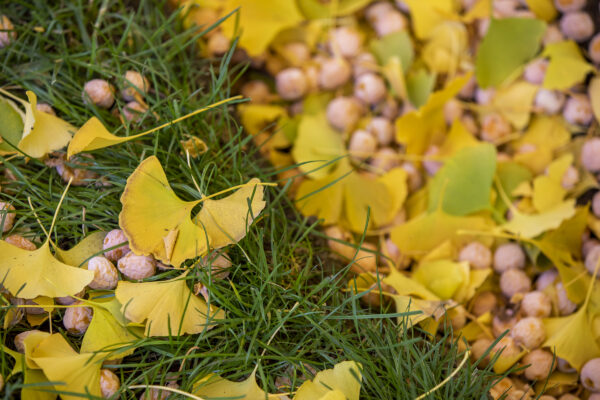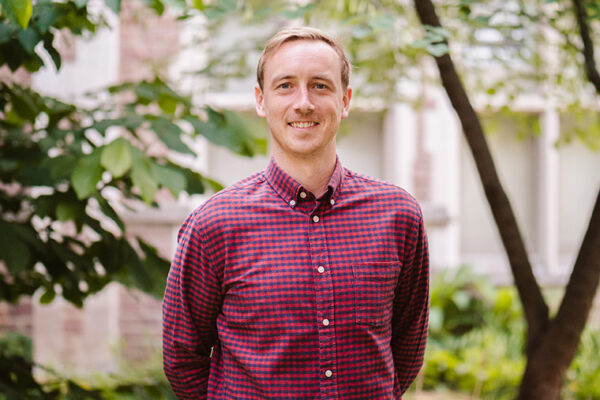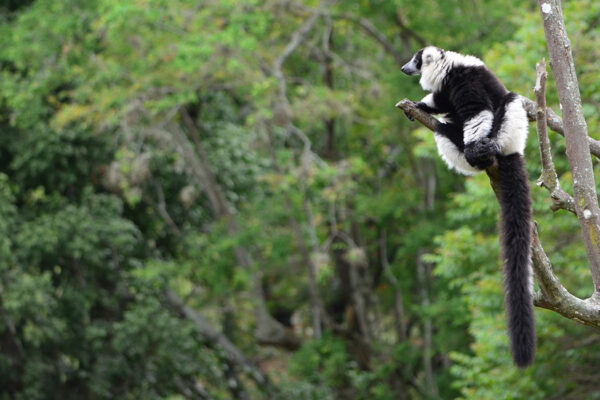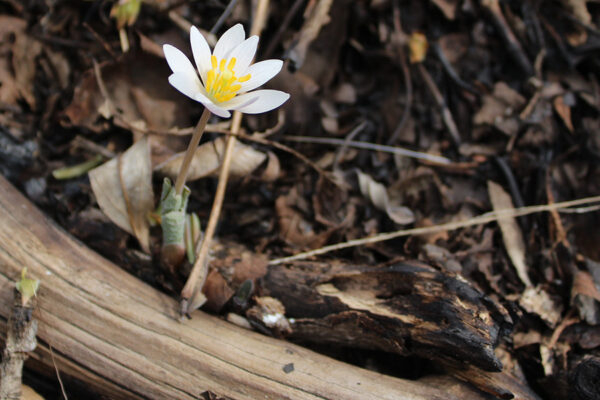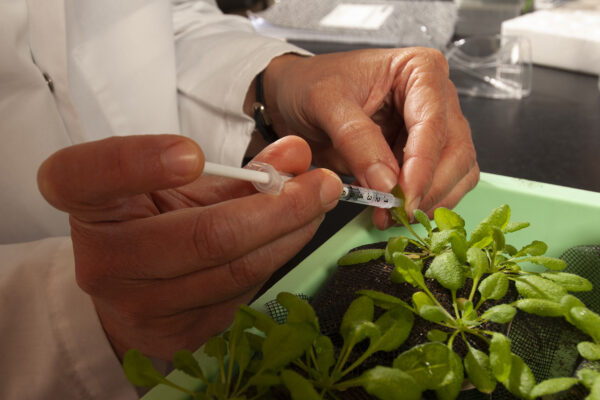Fike receives NSF geobiology grant
David Fike, professor of earth and planetary sciences and director of environmental studies, both in Arts & Sciences at Washington University in St. Louis, won a $98,406 EAGER Grant from the National Science Foundation for a project in geobiology and low-temperature geochemistry.
Plant sex chromosomes defy evolutionary models
Some plants like ginkgo trees have either male or female flowers, not both. Susanne Renner, honorary professor of biology in Arts & Sciences, reviewed the genetic basis of sex determination in plants for Nature Plants and will guest-edit a special issue of a Royal Society journal on the topic.
Feldman, Khader, Philips elected to American Academy of Microbiology
Three researchers at Washington University School of Medicine have been elected to the American Academy of Microbiology in recognition of their scientific achievements and original contributions that have advanced the field of microbiology.
Mountain high
Sometimes overshadowed by neighboring Amazon forests, the forests of the Andes Mountains are helping to protect the planet by acting as a carbon sink, absorbing carbon dioxide and keeping some of this climate-altering gas out of circulation, according to biologists in Arts & Sciences and their partners from a Living Earth Collaborative working group.
Stroud honored with American Society of Naturalists award
Ecologist James Stroud in Arts & Sciences studies how patterns of contemporary natural selection can shape the structure of entire communities. He won the American Society of Naturalists’ 2021 Young Investigator Award, one of the most prestigious for young researchers in the field of ecology and evolution.
Lessons from Plants
An exploration of how plant behavior and adaptation offer valuable insights for human thriving.
A tale of two forests could reveal path forward for saving endangered lemurs
To figure out how to best support two endangered species — black-and-white ruffed lemurs and diademed sifakas — scientists at Washington University in St. Louis are joining up with researchers at the Saint Louis Zoo, Missouri Botanical Garden and Madagascar-based collaborators for an innovative research effort under the Living Earth Collaborative.
Coastal lupine faces specific extinction threat from climate change
Tidestrom’s lupine is a delicate flowering plant that is part of a dune ecosystem along the west coast of the United States. Biologist Eleanor Pardini in Arts & Sciences has tracked Tidestrom’s lupine at the Point Reyes National Seashore in central California for more than 14 years.
Yes, spring flowers are blooming earlier. It might confuse bees.
More species are blooming at the same time than in the past. Matthew Austin, biodiversity postdoctoral fellow with the Living Earth Collaborative, is studying how changes in flower timing affect ecological and evolutionary dynamics of pollination systems.
Barbara Kunkel: Prolific researcher, exceptional educator
As professor of biology in Arts & Sciences, Barbara Kunkel has made significant contributions to understanding the strategies plant pathogens use to manipulate their plant hosts. In addition to her research, Kunkel is an exceptional educator, beloved by her students.
Older Stories

